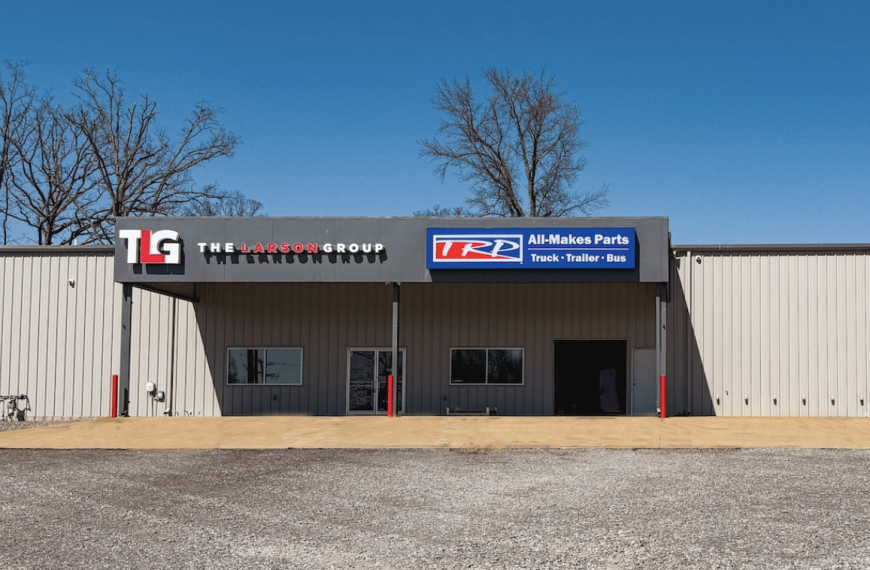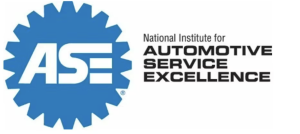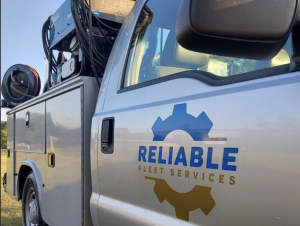OK, so you’ve completed your two years of technician training and graduated (Congratulations!) from a good community college. You’ve had an internship working hands-on at a dealer, and you’ve even gotten a couple of specialized certifications (Good for you!).
You’ve done:
- Oil changes? Check!
- Some engine work? Check!
- Brakes? Check!
- Transmissions? Check!
- Electrical? Check!
- Steering? Check!
- Tires? Check!
So you’re all set to interview for the job you have been eyeing for the last six months.
Well, not really. There’s more you need not just to be a good technician, but also to be a good employee, the kind every dealership wants to hire; the kind that can successfully climb a career ladder.
You need what recruiters and human resources professionals call “soft skills.” In short, these are the personal attributes you need, the kind that come from your head and heart and not just your hands.
Among the soft skills that will help prove your value to a potential employer are:
- Communicate Effectively: As a technician, you’re going to have to explain to a customer what’s wrong with their vehicle and how you plan to fix it. You also need to effectively communicate with other techs, the service and parts managers, and your boss.
- Being a Team Player: Unless you plan to operate a one-person shop, you’re going to have to work with and rely on others. That means being able to collaborate on repair solutions, lend a helping hand when needed, and do your part to make the shop a good and friendly place to work. If you borrow a tool, clean and return it. Volunteer to sweep up at the end of the day.
- Maintain a Professional Work Style. It’s one thing to get a job done, but it’s another thing entirely to get it done on time and without a lot of fuss and bother. You need to organize not just your work space but also your approach to a repair. Plan what you have to do and then execute.
- Problem Solving. This is key for a technician because today’s vehicles have a lot of intricate systems and technology, all of which can go wrong. Not every repair is going to be diagnosed with a specialized tablet you can plug into a port. You’ll need to call on your education and your ability to pay close attention as you tackle a repair.
- Desire to Keep Learning: Earning your college degree or certificate is just the beginning of your path to becoming a skillful and successful professional technician. Vehicles change. Technology changes. The marketplace changes. To be successful, you need to keep up. There are plenty of online courses and tutorials you can access. And, if your employer offers continuing education opportunities, jump at them.
Yes, at the end of the day, you need outstanding hands-on skills as a technician to get and keep a job at any reputable dealership or repair shop. But, your tool kit also needs to include a selection of strong interpersonal – soft – skills to achieve your career goals.








